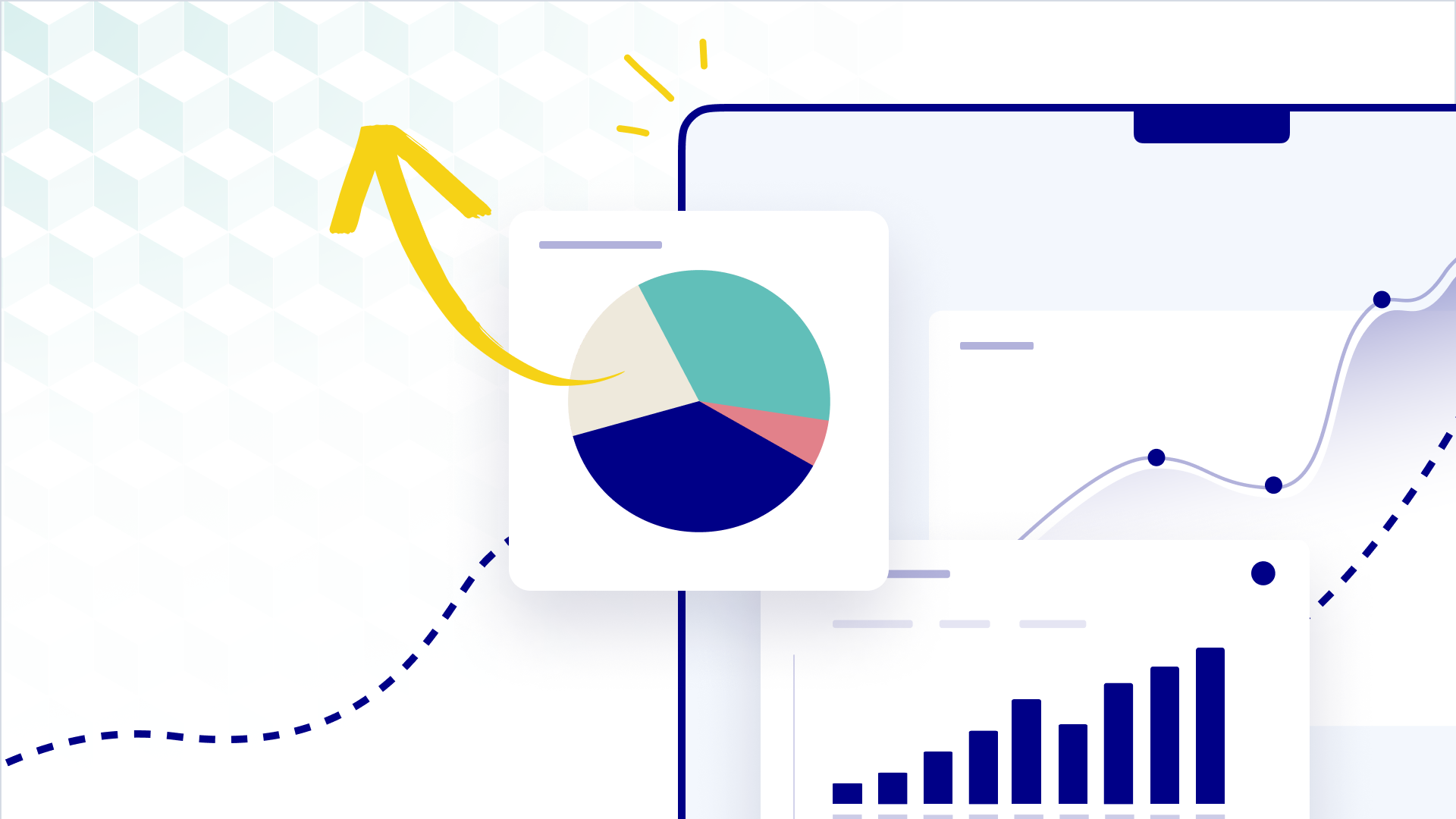What's inside this Google Slides board deck template
Board meetings are stressful, especially when preparing that infamous quarterly meeting deck. This template aims to make this process a little bit easier on busy CFOs and CEOs.
In it, you'll find 40+ slides to set you up for success. These include slides on:
- Company initiatives and status updates
- Updates by departments (including examples for marketing, sales, and people teams)
- Core key performance indicators (KPIs)
- Financial summary information
- Appendix/databook examples
But the deck is only the beginning. Check out our tips and tricks below for ensuring you, your team, and your CEO are putting their best foot forward with the board.
Planning for a quarterly board meeting
You and your CEO don't want to be scrambling together a deck and talk track last minute for the board meeting.
Stay ahead of the curve. Here's our recommended timeline when planning for the board meeting.
1 month out: The CEO and CFO share key topics with board members and get a pulse on 2-3 major strategic topics.
3-4 weeks out: The CEO shares the initial agenda and deck skeleton with the executive team.
2 weeks out: The CEO and CFO consolidate and review slides from the cross-departmental executive teams.
7-10 days out: Practice the full run of show with your executive team. Fill in any gaps that come out of that meeting.
3-5 days out: The CEO shares out the finalized deck with board members.
Week of: The CEO calls each board member to address any outstanding questions.
Day of: Take a deep breath, you've done the hard work.
4 tips for showing the right amount of data
How much data...is too much data? How many charts and financial figures should you be sharing in the main deck vs. the appendix?
You have questions, we have answers. Here are 4 tips and tricks to keep in mind when sharing data in your quarterly board decks:
- Send the appendix/data deck ahead of time. It will answer all of the questions upfront that may derail the meeting.
- A picture is worth a thousand words. Wherever possible, use visuals (graphs, charts, scoring systems, etc).
- Start with the high-level takeaways and be prepared to drill down. Don’t try to share everything on a slide all at once. Let the board ask questions and you will shine.
- Always share context on the numbers. Is $1M good, bad, or on track? Using visual cues such as red/yellow/green is a simple way to share a lot of context at once around your numbers.
What to present when presenting a new plan
Looking to get the buy-in of your board on a new plan? Make sure you have a compelling story to tell.
Short-Term vs. Long-Term
Share the short term through the long term.
An annual plan should be shown alongside a long term (3 or more years) plan, and broken down by quarter. Don’t forget to sum the years appropriately so the board can clearly identify the timeline.
Compare Scenarios
Increase your chance of approval by having multiple versions of the plan: best case, worst case, most likely.
This allows reviewers to see the effect of risk and reward.
Compare Versions
If this is an update to a prior plan, show where and how it differs across each version so everyone sees what is changing.
Common pitfalls to avoid during a board meeting
Now that you have a strong foundation, let's dig into what you should MAJORLY avoid doing during any board meeting:
Don’t wait until the last minute. Board prep should start about a month before the board meeting takes place.
Don’t create too much new work for the board meeting. Design a set of standard KPI slides and use them for managing your business and reporting out to the board.
Don’t forget to practice your mental math. If you don’t know the answer to an on-the-spot question, you can often share parts of it (e.g., it’s roughly 20% of last quarter’s number).
Don’t be too precise. Accuracy is good, but too much precision can dilute the message. Know the board's materiality threshold and report on it (e.g., $millions vs. $thousands).
Conclusion: Grab your free board deck template for Google Slides
Enter your business email and download the free quarterly board deck template.
